As new technology continues to proliferate, top executives believe brands that hone in on the human touch will win in 2025 and beyond
In an industry filled to the brim with cutting-edge technology, it’s easy to forget the value of a warm greeting at the door, a clean and comfortable environment or a staff that’s willing to do your laundry. The brands that don’t forget the value of hospitality will emerge as winners in this new era of fitness and wellness, if they aren’t already.
That was the collective understanding Jay Galluzzo, partner at Sabre Business Consulting, Brian Mazza, vice president of brand performance at Life Time and founder of HPL Ventures, Robbie Bent, co-founder and CEO of Othership, and Mark Rivers, CEO of Canyon Ranch, shared at the ATN Innovation Summit 2025.
“We’ve been incorporating hospitality principles into fitness and wellness for a long time and it’s just now become something,” Galluzzo said. “It’s become a thing and it’s allowed that mindset to shift from, ‘How do I keep my member?’ to, ‘How do I make such a special environment that my member always wants to be here?’”
Crafting that environment takes effort from the top down, an eye for gaps in the industry and a touch of creativity.
Why Hospitality Pays Off
Bent, whose Othership just raised funding for continued expansion, argues that creating welcoming, honest environments where openness is encouraged goes a long way in establishing a distinctive sense of hospitality. That can include encouraging members to connect with each other or simply going the extra mile to support them. In one instance, Bent did so by helping organize and document a marriage proposal.
“They legitimately called me and said they wanted to do a proposal,” Bent recalled. “So I met with him in advance, recorded what he said about his wife, and then they did a class together.”
Bent estimated the whole thing cost Othership around $2,000 to $3,000, but the intrigue it generated around the brand more than made up for that, and the hospitable vibe it established was priceless.
“At the end of the class, we had a videographer hiding (who) recorded him getting down on one knee to propose. Then we made that video for them, free of charge, and gave it to them,” Bent said. “I find these moments of high-touch hospitality that you haven’t seen in wellness studios or at gyms are what make people share about your brand. As a result, we don’t really do any paid ads. The majority of our marketing has come from that really intense customer relationship.”
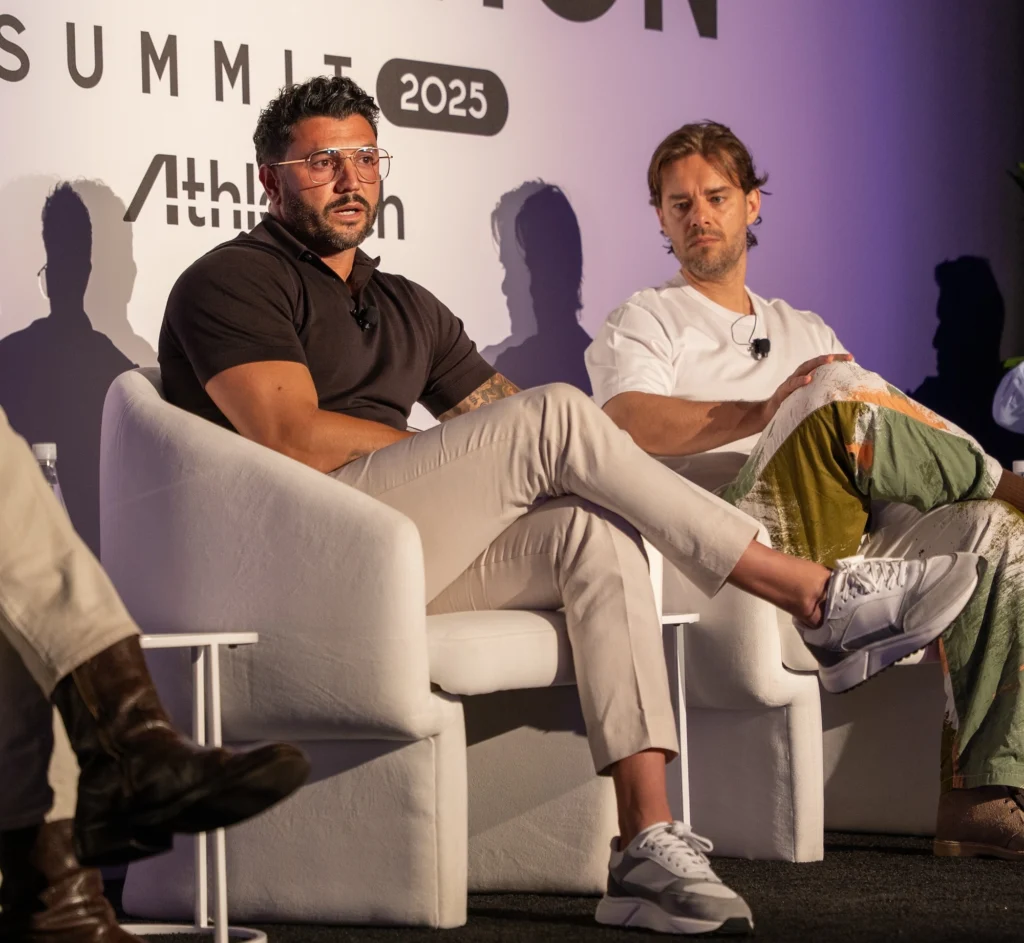
Rivers agreed on the importance of the customer-to-operator dynamic, even declaring this era in the wellness industry the “human connection chapter.”
“We can all build great mouse traps, and we do, and sometimes that will bring people back,” he said. “But I think what makes you part of a community, or makes it special or unforgettable, is that human connection you have with the people you meet, that you touch, that provide you guidance, help influence your life and can make your life relaxing or reset it.”
How Operators Can Implement Hospitality
However, bringing about an unprecedented level of hospitality is easier said than done, especially across locations. Still, top brands are doing their best.
Bent added that every week, Othership operators take turns sharing their best hospitality stories. Those with the best stories are rewarded with prizes. This prompts operators to ask themselves what the craziest thing they could do to please is, someone week in and week out.
“Somebody came in the other day, got stuck in the rain, came into the space soaked,” Bent said. “We took their jacket, and unexpected to them while they’re in class, we ran into the back and dry cleaned it so when they came out, all their clothes were ready. Then, that person is like, ‘Wow, I’m going to go tell 100 people that that happened.’”
At the end of the day, hospitality can be simple to implement for fitness and wellness brands.
“We’re all human, right? We all want to be loved,” Mazza reminded. “We all want to be liked. We all want to get attention. It costs nothing to be kind. That’s what hospitality is.”
Mazza also noted the importance of “walking the walk” as an executive to make sure principles are carried out at all levels.
“You can’t expect people to follow you if you’re not going to do everything, if you’re not going to be willing to clean up something on the ground in your facility,” he said. “How are you going to expect your teammates and your staff to see and get inspired? No one’s bigger than the team.”
Rivers noted the importance of hiring passionate staff as well. You can never discount what he called the “heart” side of a business, such as service and making warm connections, to only focus on the “brain,” with things like running daily operations.
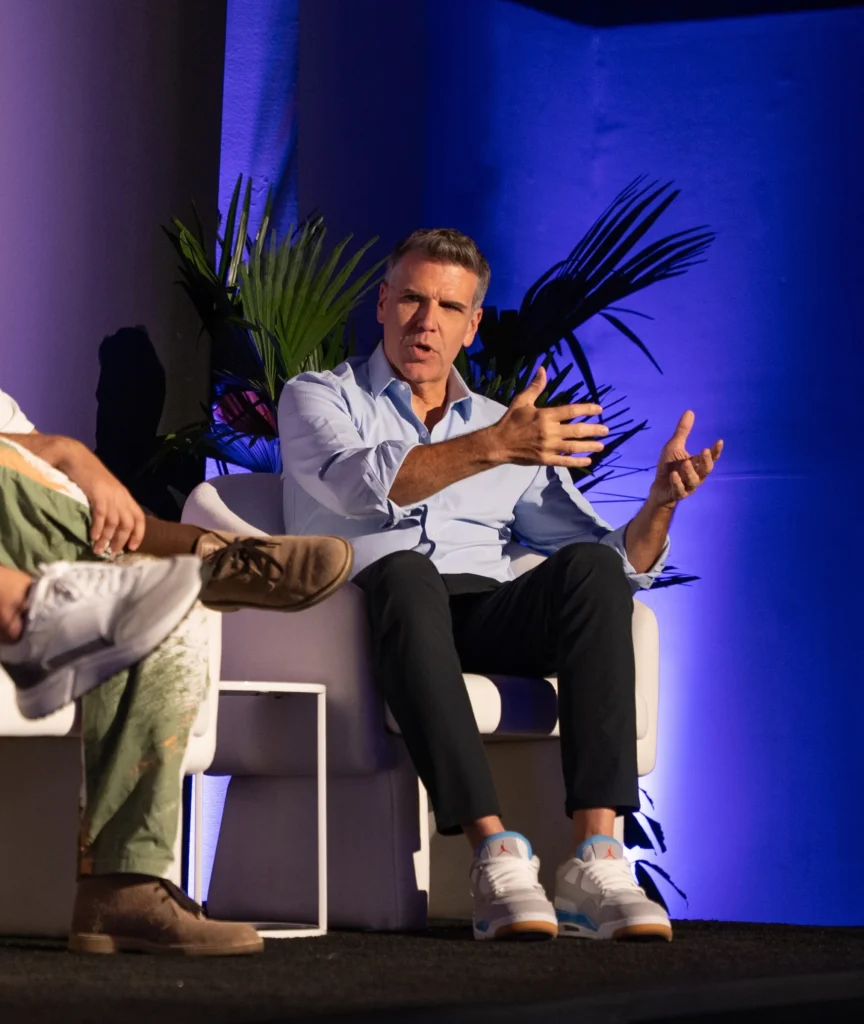
In the coming years, the panelists agreed that fitness consumers will come to prioritize even more human connection.
“Community is undefeated,” Mazza said. “We’re seeing it with run clubs. People want that human connection. They’re thirsty for it. The world is so convoluted with these apps and all of these things, and it’s necessary, but nothing will ever be the human connection.”
“There’s a need,” Bent added. “People are more lonely than ever. They have fewer close friends than ever.”
This article is based on a live discussion held during the ATN Innovation Summit 2025, a two-day event dedicated to the future of fitness and wellness. See here for more Innovation Summit coverage.


 Washington, D.C. – Big Tech companies repeatedly choose profit over principle by selling America’s children as the product on their platforms. These companies have knowingly pushed children to harmful material promoting suicide, eating disorders, lethal drugs, sexual exploitation, human trafficking, and on and on.
Washington, D.C. – Big Tech companies repeatedly choose profit over principle by selling America’s children as the product on their platforms. These companies have knowingly pushed children to harmful material promoting suicide, eating disorders, lethal drugs, sexual exploitation, human trafficking, and on and on.
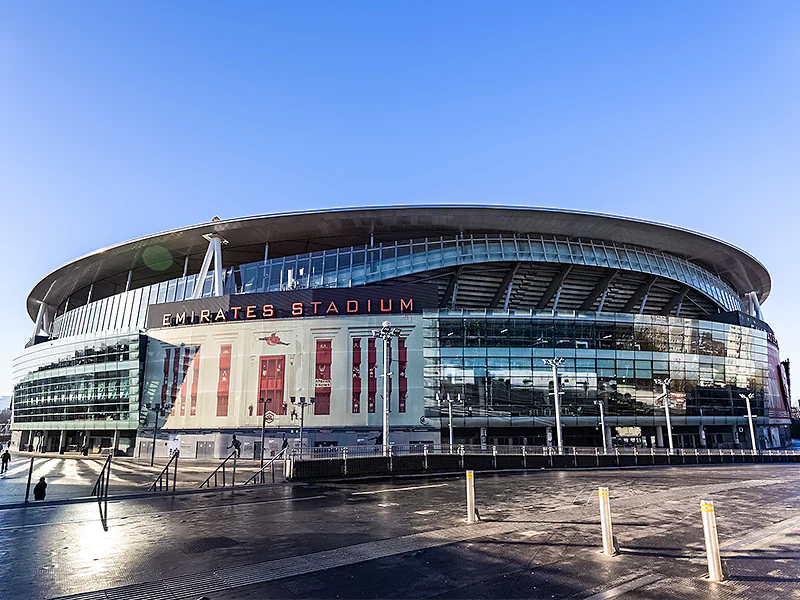

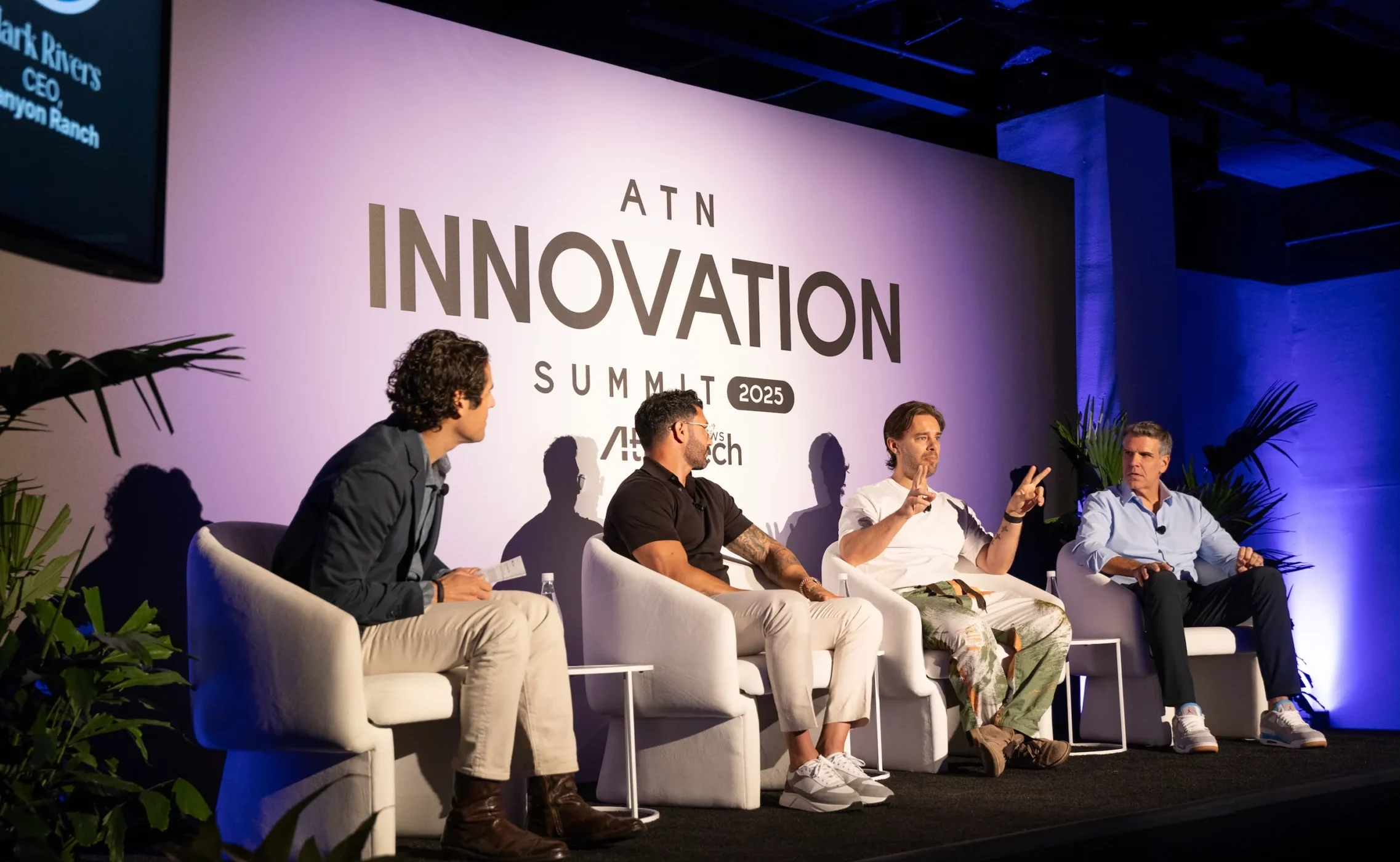
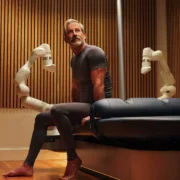


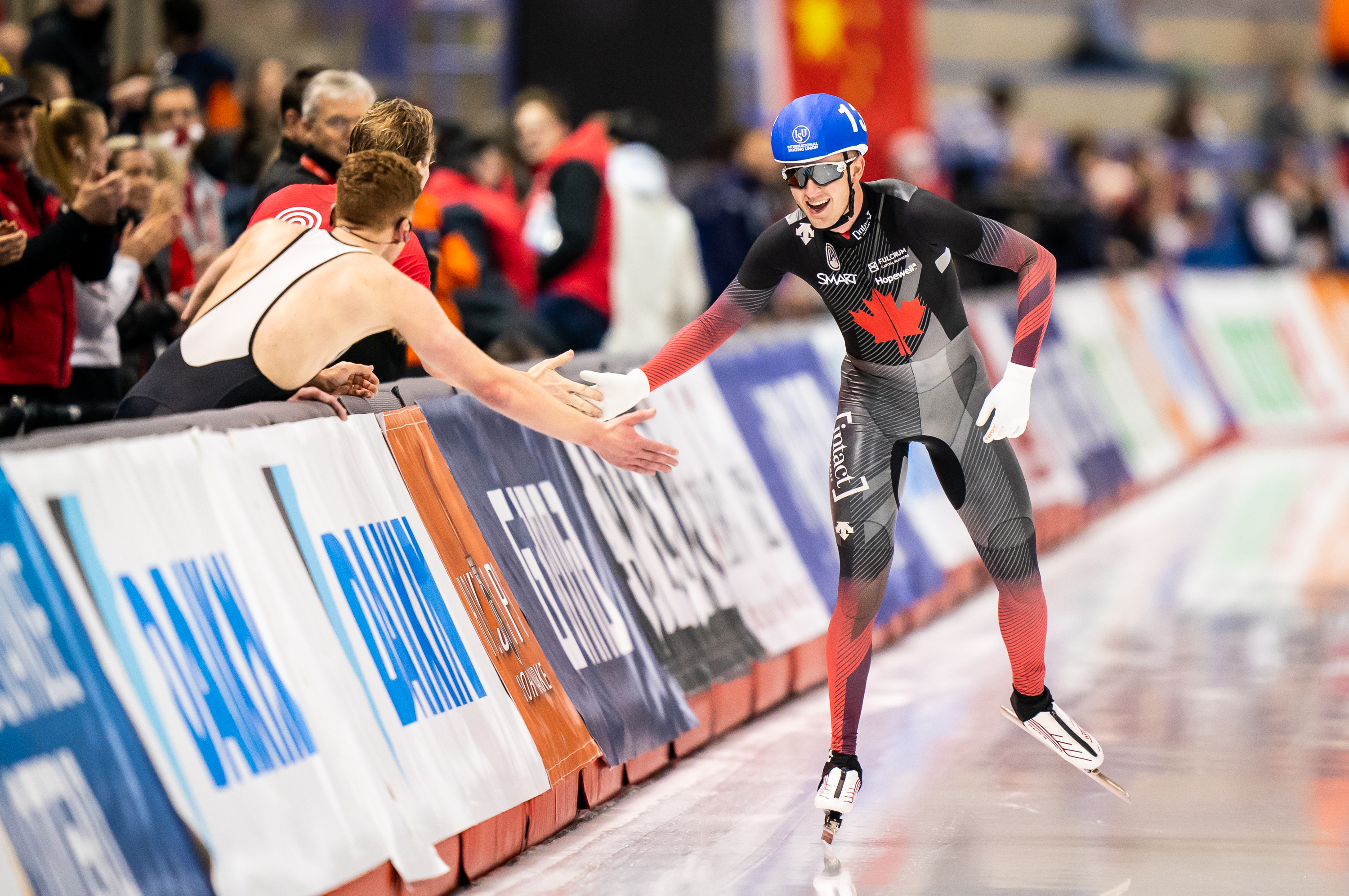











































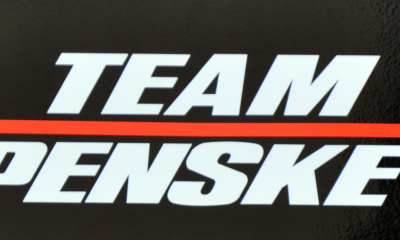






 BREAKING: NBA MVP Shai Gilgeous-Alexander signs the RICHEST annual salary in league history
BREAKING: NBA MVP Shai Gilgeous-Alexander signs the RICHEST annual salary in league history
